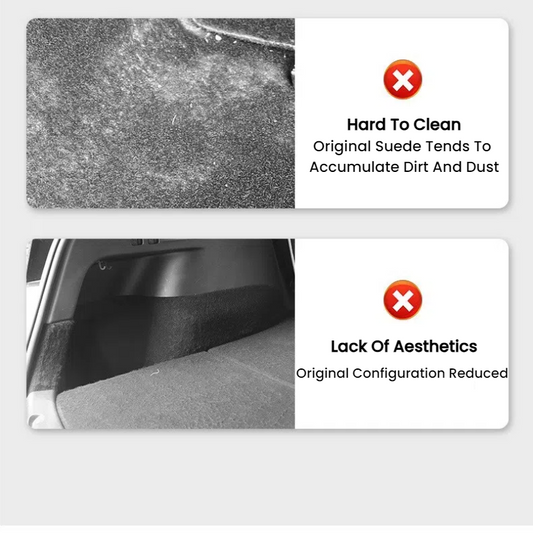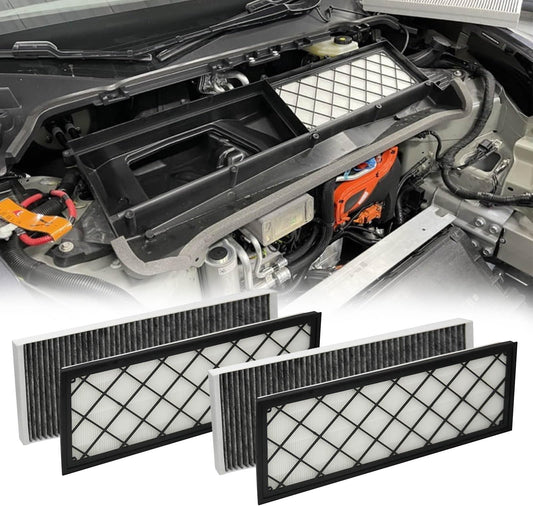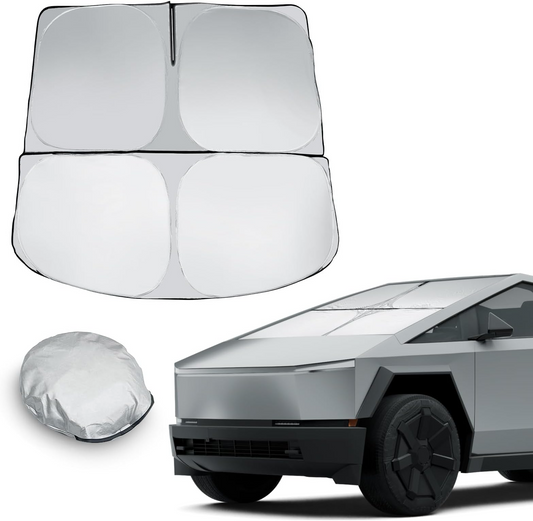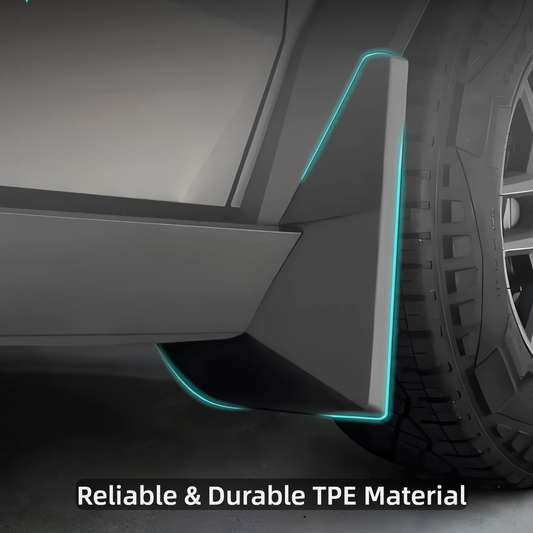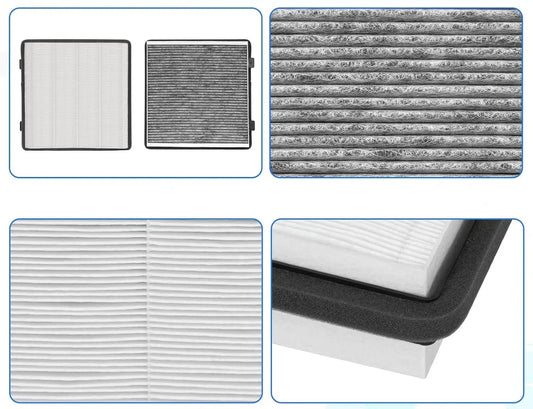Tesla's Model 3 Long Range and Rear Wheel Drive variants are set to lose eligibility for the $7,500 IRS clean vehicle tax credit at the beginning of 2024, as indicated on Tesla's official website. While the Model 3 Performance may retain its eligibility, this development follows a series of price cuts by Tesla over the past year.
The IRS clean vehicle tax credit, initiated in 2023 to encourage electric vehicle adoption, provides a maximum credit of $7,500. However, the new conditions include income and MSRP caps, along with requirements for increased production of battery components in North America.
A recent hurdle emerged in December 2023 with new guidance from the US Treasury Department regarding "foreign entities of concern," which includes China. The guidance stipulates that electric vehicles won't be eligible for tax subsidies if their components were manufactured or assembled in countries of concern or if battery minerals were extracted or refined in those countries (starting in 2025). This also applies to batteries produced by companies owned or controlled by these foreign entities.
The involvement of the Chinese state in the country's auto industry makes it likely that fewer electric vehicles, including those from Tesla, will qualify for the tax credit in the coming year.
While Tesla's website does not explicitly state the reason for the loss of the tax credit for these Model 3 variants, it echoes a challenge faced by other automakers. Ford anticipates that its Mustang Mach-E will also lose its $3,750 tax credit eligibility on January 1, 2024.







